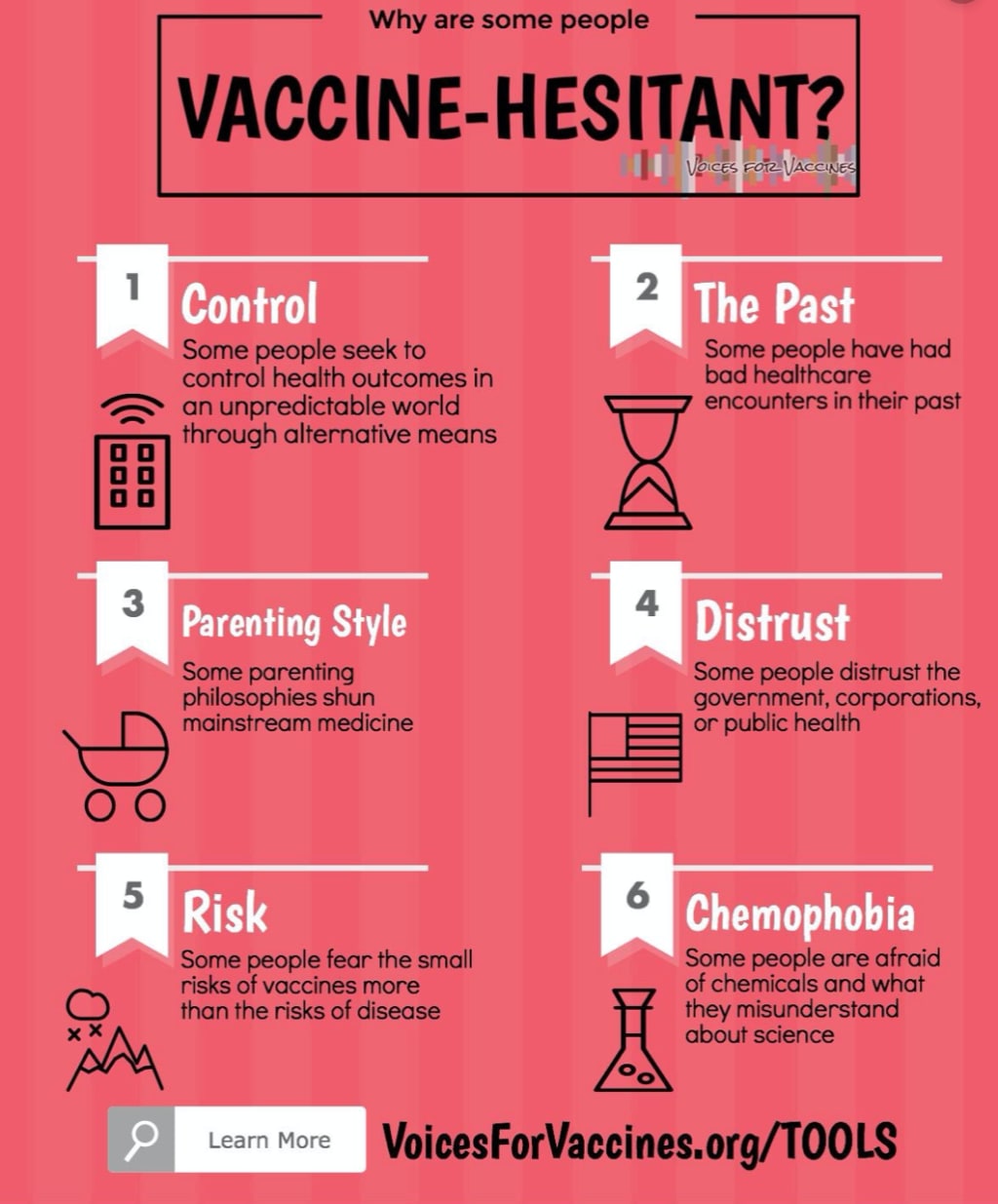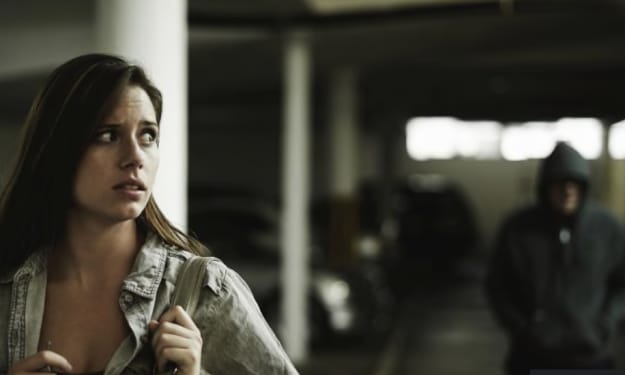
I see you there, new mom. I see you scrolling through Facebook and wondering what to make of all that information. You want to do what's best for your new baby. I would say 99.9% of parents do. But baby's almost two months old. And he's due for his vaccines. And there are so many people on Facebook saying that vaccines are the reason their child has autism. Vaccines are the reason their child has eczema, ADHD, diabetes, any number of chronic or acute illnesses. What do you do? What are you supposed to make of all those stories about "vaccine injured" children?
There's one thing you need to realize about those stories. They are just that. Stories. Yes, they're scary. They pull on your heartstrings. They play on your emotions. That's exactly what they're intended to do. The thing is most of those stories are unfounded or exaggerated. By the time baby is old enough for his first dose of the Measles, Mumps and Rubella vaccine (MMR) if he's going to have autism, he certainly isn't going to get it from his shot. It is honestly a coincidence that autistic behaviours tend to manifest around the same time kids get the MMR. But with the exception of one study, retracted and its author stripped of his medical license, hundreds of studies have been performed trying to find a link between MMR and autism. It's probably the one medical question in which the science has been settled for a while (though science is truly not settled). In fact, antivaxxers even funded a study with the intent to prove that the MMR causes autism.
Guess what? It didn't prove what they paid the researchers to find (https://www.newsweek.com/anti-vaxxers-accidentally-fund-study-showing-theres-no-link-between-autism-and-379245). Which kind of puts a damper in the antivaxx rhetoric that scientists are paid to find what their funding pays them to find. But that's another story altogether.
Now you're probably wondering, "why should I believe what you say, random person on the internet?" You're right. Why should you believe what I'm going to tell you here? But at the same time, why wouldn't you believe me if you're already going to believe some other random person on the internet who tells you that vaccines are bad.
I'm going to dispel one myth the antivaxxer seems to think every provaxxer believes.
It's a huge secret, but I'm going to share it with you. Ready?
Vaccines are not 100% safe and effective. It's true. And you'd be hard pressed to find a single pro-vaxxer who will tell you they are. Are you shocked? How can I, a clearly pro-vax person say that vaccines are not 100% safe and effective?! Well, here's why - because nothing in this world is 100% safe and effective. Water - you can drink too much and become very ill or die of water toxicity. It's true. And we need water to live!
In fact, the MMR is only 93% effective against measles, 78% effective against mumps and 97% effective against rubella if you only have one dose. The effectiveness jumps to being only 97% effective against measles, and 88% effective against mumps with two doses. So no, it's not 100% effective it's pretty darn close, though (https://www.cdc.gov/vaccines/vpd/mmr/public/index.html)!
But while I've proven that at least the MMR isn't 100% effective, how can I say they're not 100% safe? Because, like I said before, nothing in this world is 100% safe. There is always the possibility of an allergic reaction to one of the components of the vaccine. It's the reason the doctors ask you to stay in the office (usually the waiting room) for up to 30 minutes after vaccines. If there's going to be a serious reaction, it is more likely to happen in those first 30 minutes. Although there is still the possibility of a reaction that occurs later than 30 minutes. But reactions are exceedingly rare among people with no known allergies to the components. And those late reactions become even more rare.
But how do I know your baby isn't going to be one of those less than one in a million who has a severe reaction to a vaccine? I don't. I don't know any more than you know whether or not your child is going to have any sort of reaction. But the benefits far outweigh the risks.
I obviously can't make your decision for you. I would if I could, but ultimately, it's your decision.
My last piece of advice on this topic: Vaccinate your child. Fulfill your social contact. Because your decision not to vaccinate doesn't affect you. It affects your child and society at large. It affects their friends with new siblings too young to be vaccinated. It affects their grandparents who are aging and whose immune system doesn't work as well. It affects their aunt, who is going through chemotherapy for cancer, effectively erasing their immunities. Vaccinate your children. On time and on schedule.
About the Creator
Gayla Ber
Writing is a bit of a passion for me. I enjoy sharing ideas and opinions. I'm not afraid to engage in conversation that contradicts my opinion, but I fight on the side of science.






Comments
There are no comments for this story
Be the first to respond and start the conversation.